From 26 July 2024 to 11 August 2024, Paris will remain lit to commence the show of skill and bravery, where athletes from all over the world will participate and amaze the whole world. The Olympics has always been the most eye-capturing event based on the fact that it allows cultural exchange and brings global audiences together. The history of the Olympics dates back to 776 BC when Greece was the first one to start this quadrennial event. This event of true sportsmanship isn't just all about sports and games. Rather, it is a combination of linguistic, artistic, and cultural elements.
The Olympics is more than just a show of physical prowess. It is a melting pot of languages and a display of several cultures. This year, global eyes are on Paris where people will see amazing feats and the effect of Paris’ culture on the Olympics. This feat of sports is a time when many cultures converge to weave a colorful tapestry of beliefs, rituals, and traditions. Additionally, it's a place where people communicate with spoken and unspoken languages, which promotes both linguistic and cultural understanding.
The Olympics have been held every four years since their inception in 776 BC. At the start, the Olympic games revolved around Greek gods, i.e., in honor of Zeus. As time passed, these games included artistic pursuits such as singing, theater, and poetry competitions. In 393 AD, it was the Roman Emperor, Theodosius I, who abolished the Olympic games because in his opinion they were not supporting the Greek religion. The shift towards pagan religion was the main concern of Theodosius I which is why the ban on the Olympic games became effective as soon as the order passed.
Baron Pierre de Coubertin is credited for the renaissance of the Olympics in the Grand Amphitheatre at the Sorbonne University in Paris in 1896. This renaissance of the Olympic games was held at the Olympic Congress in Paris. Since then, the Olympics has earned its permanent and designated place. This revival of the Olympic games brought the whole world together in Paris with more than 2000 people among which:
After the first Olympic Congress in 1896, the same year Athens conducted the first Olympic games. The same year, the International Olympic Committee (IOC) was founded in Paris. Furthermore, in the Paris Olympics 1900, women were allowed to take part in the games.
The revival of the Olympics in Paris is the main reason this city has till date conducted three Olympic games, 1900, 1924, and 2024. This year is Paris’s third time to host the phenomenal event starting from 26th July to 11th August. Paris is already famous for its tourism reasons, but nowadays the eyes of the whole world are pinned on Paris and how it is contributing to making this year’s Olympic games the most memorable one. 19 days of utter skillmanship, powered by 329 events, 32 sports (4 additional ones added this year), 754 sessions of competitions and ceremonies, and 10,500 athletes.
Torch bearing is one of the important signs of the start of the Olympics. This year, the famous American rapper and record producer, Snoop Dogg, was seen on the streets of Saint-Denis lighting the flames on the last stage of the Olympic Torch Relay on 26th July 2024.
The American rapper was one of the last group of torchbearers right behind Salma Heyak, the Mexican-American actress and film producer. Tiktok videos of Snoop Dogg have emerged where he can be seen enjoying the ceremony, all dressed up in Olympic gear. He is serving as the Special Correspondent for NBC and will be often seen in “Primetime in Paris” till the end of the event. He will also be seen talking with the US athletes frequently, hence the whole event is going to be fun to watch especially when people will be seeing more of this phenomenal rapper.
Paris, the capital of France is mainly famous for its art and architecture. The city is embellished with buildings that depict art movements such as Cubism, Lettrism, street art, Art Deco, Impressionism, and many more. Other than art, the city is a hub for sports events and the Olympics. The culture of Paris revolves around arts and sports. This art can be seen in tangible (buildings, paintings, landmarks like the Eiffel Tower, and Notre Dame de Paris) and intangible forms (music).
Combining muscles and mind or art and sport is the main cornerstone of Olympism
The interaction between arts and sports has been clearly seen in the Paris Olympics over the years. The torch lit to start the event is the embodiment of French art. The artistic design on the torch for every Olympic event describes a new edition of the event and is different in its shape and style. This year, 2024, Mathieu Lehanneur, a French designer was given the job of designing the 2024 games torch.
The artistic elements of French art are visible in the 2024 Olympics torch. Let's break down the themes around which this year’s torch is built.

All in all, the torch is created from recyclable materials, hence, adding no harm to the environment. The global steel production corporation, ArcelorMittal, is behind the formation of these torches.
At the 2024 Paris Olympic Games, the Cultural Olympiad refers to the connection between arts and sports and how it is promoted. The reason behind this promotion is to depict how sports, arts, and culture are interlinked with each other. This program provides a wide range of artistic performances, exhibits, and cultural events around France in a rich and diverse interdisciplinary format. This concept of the Cultural Olympiad brings the culture of France infused with sports in front of the whole world.

Cultural Olympiads is a chance for Paris to show how they respect Olympian values. This concept is a symbol of cultural inclusion, where people from all over the world come together and celebrate the basic concepts of this sacred event. The torch relay ceremony, also known as Relais de la Flamme, is the main cultural symbol at the Paris Olympics 2024. Dance ceremonies and other rituals demonstrate the core cultural values of the Parisian Olympics. This initiative was taken in 2021 during the preparation of the 2024 Paris Olympics. It includes free performances accessible to all where Olympian values of inclusivity, diversity, and excellence are honored. This program will run from the start of the game till September 2024.
Talking about the linguistic diversity in the Olympic games, there are only three official languages, English, French, and the language of the host country. This year at the 2024 Paris Olympics, Paris is hosting the event, so there are only two official languages, English and French. By far, we know why French is given such prestigious status based on Paris’s history in the revival of the Olympic games. There is an organization, the International Francophone Organization (IFO), which sends its delegate to the Olympics to ensure that the French language is used in the event on all forums and platforms.
As Coubertin is the founder of the modern Olympics, he was the one who used his native language, French as the official language of the event and since then French has been the designated language for the Olympics. A lot of things have changed since 1896 but one thing remained the same, French being the official language. As per the 23rd rule of the IOC, French and English are the two official languages of the Olympics.
The International Olympic Committee’s (IOC) headquarters are located in France, where all members speak French. This further highlights the importance of the French language. .
There was a need for a language that was easy for the world audiences to understand, which is why English was introduced as the official language of the Olympics. Today, more than 1.5 billion people speak English.
Countries like Germany, Netherlands, Switzerland, and many others have also hosted the Olympics. So for the participants and the host country to understand the difference of language, there was a need for another official language. So the rule was made by the IOC to add a third official language of the country that was hosting the event.
Other than three major languages being used, there is a huge linguistic diversity seen at the Olympics. This linguistic diversity gives rise to language barriers, which need to be resolved so that both participants and the audience can understand what is going on. And that’s where professional translation services offer help.
The whole world is crazy and obsessed with the Olympics. This event comes every four years so a large number of people visit the host country and an even larger number of people stick to the screens and watch the epic shows and performances by world-renowned athletes. When such a large number of people combine, the major differences that arise between them are the linguistic and cultural ones which is why there is a need for neutral ground for these people. This is where translation and interpretation enter the scene.
Linguistic barriers can hinder athletes from taking part in games and even inhibit their entry to the country hosting the Olympics. Other than that, these barriers can also prevent them from speaking their thoughts and expressing their feelings in pre and post-match interviews. Athletes can also find difficulty in talking with fellow athletes and it can lead to no social interactions at all. Moreover, boards and food menus in foreign languages can instigate food allergies in athletes and affect their performance and well-being.
This year Paris is showcasing 200 nations and multiple athletes, and to facilitate communication, the help of language translation services is more than ever needed. With translation, all of the linguistic and cultural barriers vanish like poof. It is translation that allows athletes and other people to collaborate seamlessly with each other. Countries that host the Olympics start preparing for all stadiums, and steps to remove language barriers in order to accommodate and cater to the massive amount of people. The same thing was done by Paris when it translated its boards and other texts into English and French for global audiences.
With the integration of real-time translations, aka interpretation services, official meetings, press conferences, and interviews are translated for athletes and audiences belonging to multilingual backgrounds. Translation helps athletes understand certain rules and regulations so that they can comply with them and pass the whole event peacefully. Professional interpretation services are another tool used by international journalists to correctly communicate the messages of athletes to their audiences. A large number of translators are hired by event organizers to ensure that athletes get the latest correct information in their language.
In order to enter Paris for this year’s Olympic games, athletes need to translate their documents into French so that they follow the regional rules. The French are of the view that with the rising number of English speakers, French might lose its status as one of the official languages of the Olympics. So delegates and ambassadors from different organizations make sure that all athletes’s documents are being translated into French for the Paris Olympics 2024. Other than French, guides and rulebooks are translated into other languages, giving importance to different widely spoken languages.
Signboards, food menus, flyers, etc are translated for global athletes and fans to make their stay a pleasant one. Live broadcast on television is also translated for fans watching from their countries.
In order to produce fast translation results, translation technological tools are utilized which give results in no time. You must have heard of Machine Translation (MT), Neural Machine Translation (NMT), and computer-aided technology (CAT). These tools translate large amounts of data in no time with a certain level of accuracy and precision. Though these solutions might not be as accurate as human translations when translating a large amount of data, these tools are very helpful for translating menus and guides for fans and athletes.
Paris Olympics 2024 is the ultimate projection of expertise and athletes’ extraordinary prowess. Being the city that revived the Olympics, Paris has earned respect, which makes it the most important city for the Olympics. This revival has also made the French language one of the official languages of the quadrennial event. The 2024 Paris Olympics is not just the depiction of sports rather it showcases how art, culture, and sports combine together and show France’s cultural values. In order to bridge the linguistic barriers, translation and interpretation are used. These tools ensure clear communication between athletes and the global audiences gathered for the Olympic Games.
At Mars Translation, we are equipped to provide you with exceptional translation services for your every need. We have been providing translation solutions for more than two decades with a skilled and expert network of translators. Get in touch for more details.

Mars Translation Services facilitating IRCE e-Commerce Exhibition in Chicago You all are living in the era of clear disruption, as you
Read more
Whenever a business is started, there are many standard types of letters which are written. Some of those business letters
Read more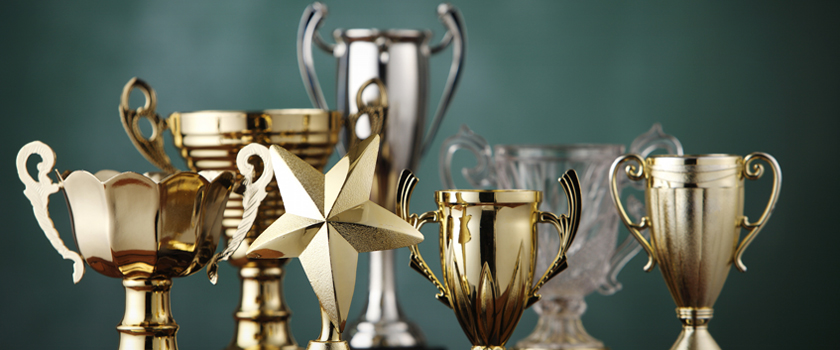
Employee awards are often a challenge because of suitability, affordability and many other factors. But, if you look at the
Read more
Science is the greatest blessing in our lives; you can see it is somehow involved in every matter of our
Read more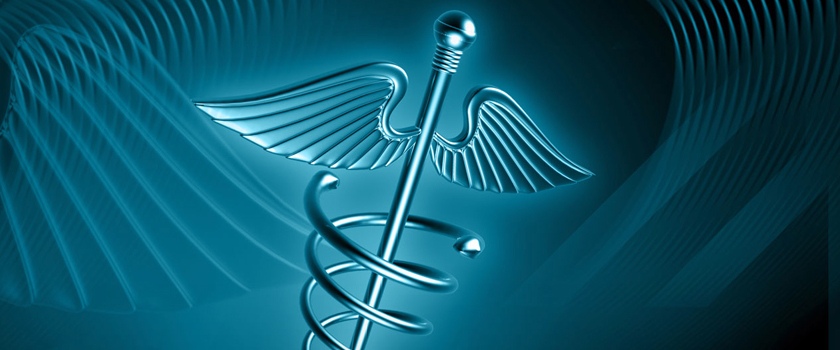
Your life and health is your responsibility to be handled in a good way. Everything is not always described and
Read more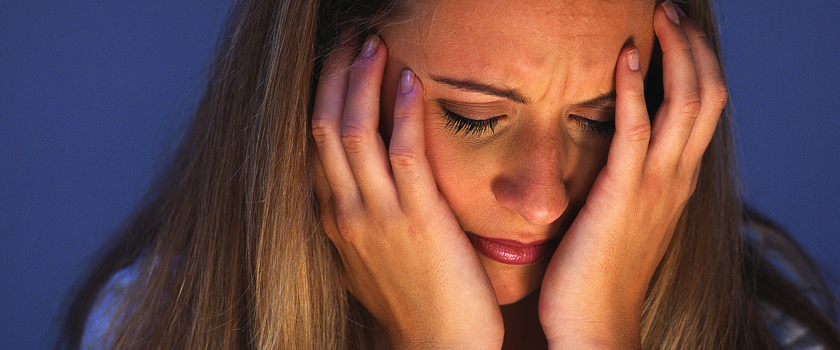
You can never help yourself until or unless, you want to do so. Traumas, hardships are part of life, but
Read more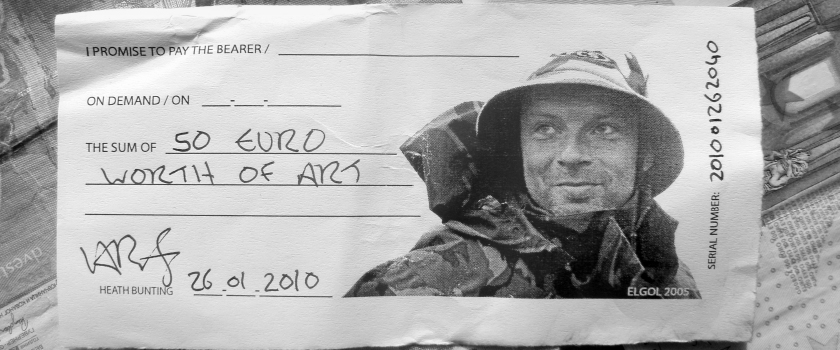
A promissory note is a written, signed and unconditional promise made by one party to the other, committing to pay
Read more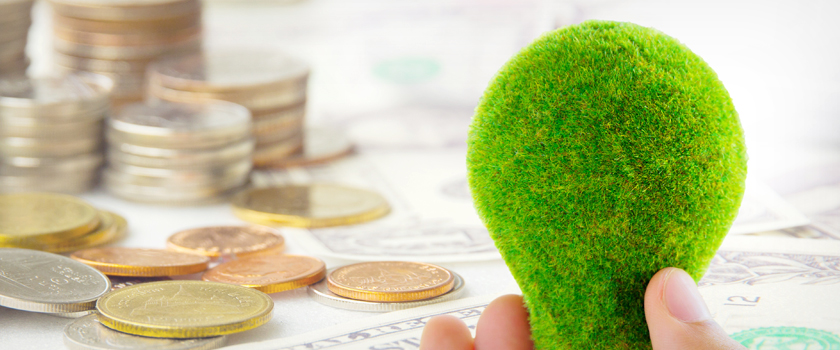
The business structure that you choose affects everything from how your earning will be taxed to how much personal liability
Read more
Today, the field of medicine is growing with a lot of progress. It is not wrong to say, the medical
Read more

